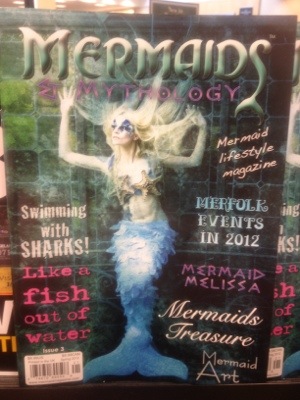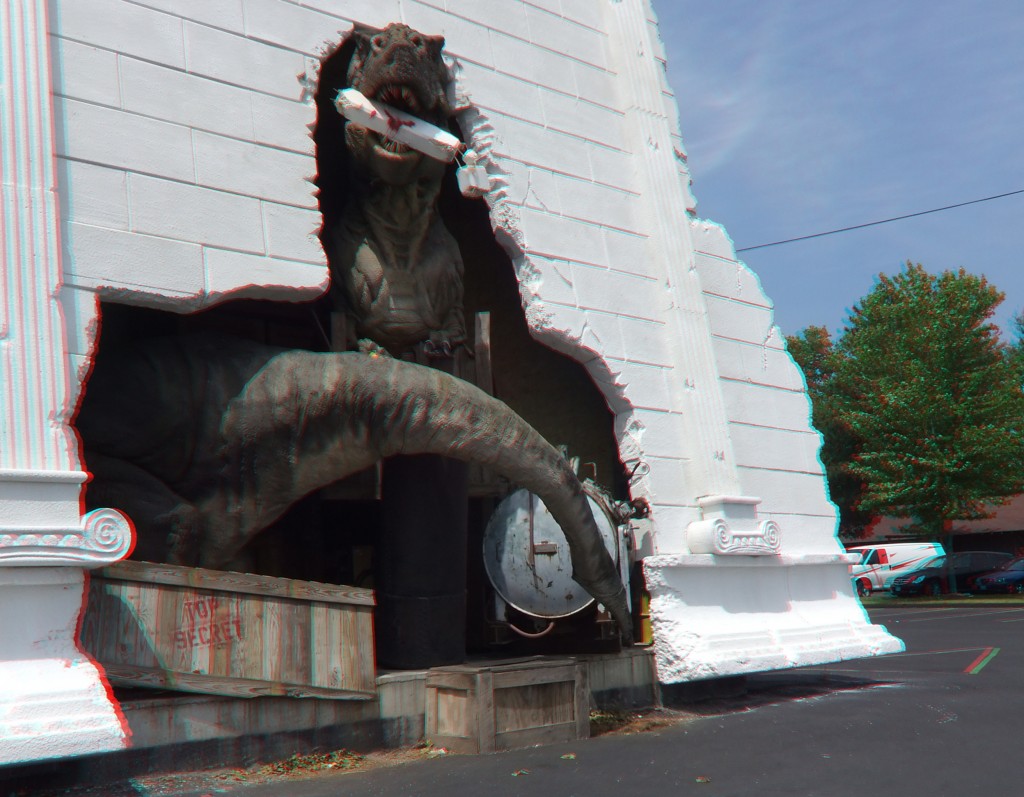
I avoided reading this book for the last couple of years. And I’m not sure why. I think I always had a soft spot for Frank Lloyd Wright’s first wife, Catherine. I’ve spent a lot of time in her house and learning about her husband’s mistress seemed rude. You see, the story starts in my own neighborhood—the Frank Lloyd Wright Historic District in Oak Park, Ill. It’s a historical novel set during Wright’s era.
For about two years I volunteered at the Frank Lloyd Wright Home & Studio as a tour guide. I know his home pretty intimately because of that. And while the work of the great architect was all about me I felt that it was Catherine’s house. During my training they scrupulously avoid talking about What Happened, about why Wright left his family in 1909 to go to Europe. And the tour makes no note of the fire and murders that occurred three hours north in Spring Green, Wisconsin, at Taliesin in 1914.
What Happened—the scandal that led Wright to leave Oak Park—was his affair with a client’s wife. Mamah Borthwick Cheney abandoned her marriage and her children to run off with Wright after they began an affair while he was building her home on East Ave.
Loving Frank is told largely from Mamah’s point of view. It’s a flawed book, densely packed with big ideas and lots of ruminating instead of acting (at least in the first half). It drags a bit as Mamah seems downright possessed by Wright before finally leaving her marriage. At no point does she seriously consider what would happen to her, her children, or her sister. This seemed rather off to me. A woman in 1909 would know that she would lose her children. Men got automatic custody at that time. She was, in many ways, her husband’s legal property. She would know that her sister, who lived in her home, could be put out on the street.
I’ve read reviews that say Mamah is incredibly unlikable. But I found myself sort of liking that. In the second half of the book she spends as much time ruminating on how mean the press is being as she does worrying about how her abandonment might be affecting her children. Her ambivalence about motherhood—she loves her kids but they’re not where she defines herself—is a nice antidote to most accounts of motherhood.
Of course, we live in a time where children are the center of the family. They are the Most Important Thing that Is/Was/Will Ever Be in a parent’s life. But I don’t think that has always been the case. Frank and Mamah certainly struggled with the same self-involvement that plagued parents in during The Me Generation of the 1970s. Mamah regularly wonders why anyone’s happiness should come before her own—and that if she is happy her children will benefit from that (during the few days a year she’d be allowed to see them, I guess).
Self-interest makes the lovers less likeable, of course, and by the last third of the book the reader might want to roll their eyes at how Mamah is sort of surprised by how badly everyone has taken being left behind while she pursued her Great Love.
It’s the tension that Mamah’s behavior creates for the reader that is perhaps the most interesting thing about the book. That strange sense that Mamah is a self-involved ass who put her romantic interests above any thoughts of self-sacrifice is interesting. It made me stop and think about the nature of self-sacrifice (and particularly how we apply it to women). It’s human nature to reward those who don’t upend the order of things. But why do people stay in mediocre marriages for the welfare of the children? Who decided a child’s stable upbringing was more important than the well-being of their adult parents? Might the kids survive—even thrive—anyway?
Mamah’s untimely demise—and the horrific nature of how she and others at Taliesin died—upends the novel. The author lets us run through Frank’s head for a moment at the end as he rejects the notion that her violent end was a kind of comeuppance from God himself. She was murdered by a mad man, nothing more.
I’m inclined to agree with him on that point. But, in the end, the real sadness I felt was for the people who had been hurt by Mamah’s and Wright’s selfish behavior. I felt more keenly for her ex-husband that I did her Great Love.



